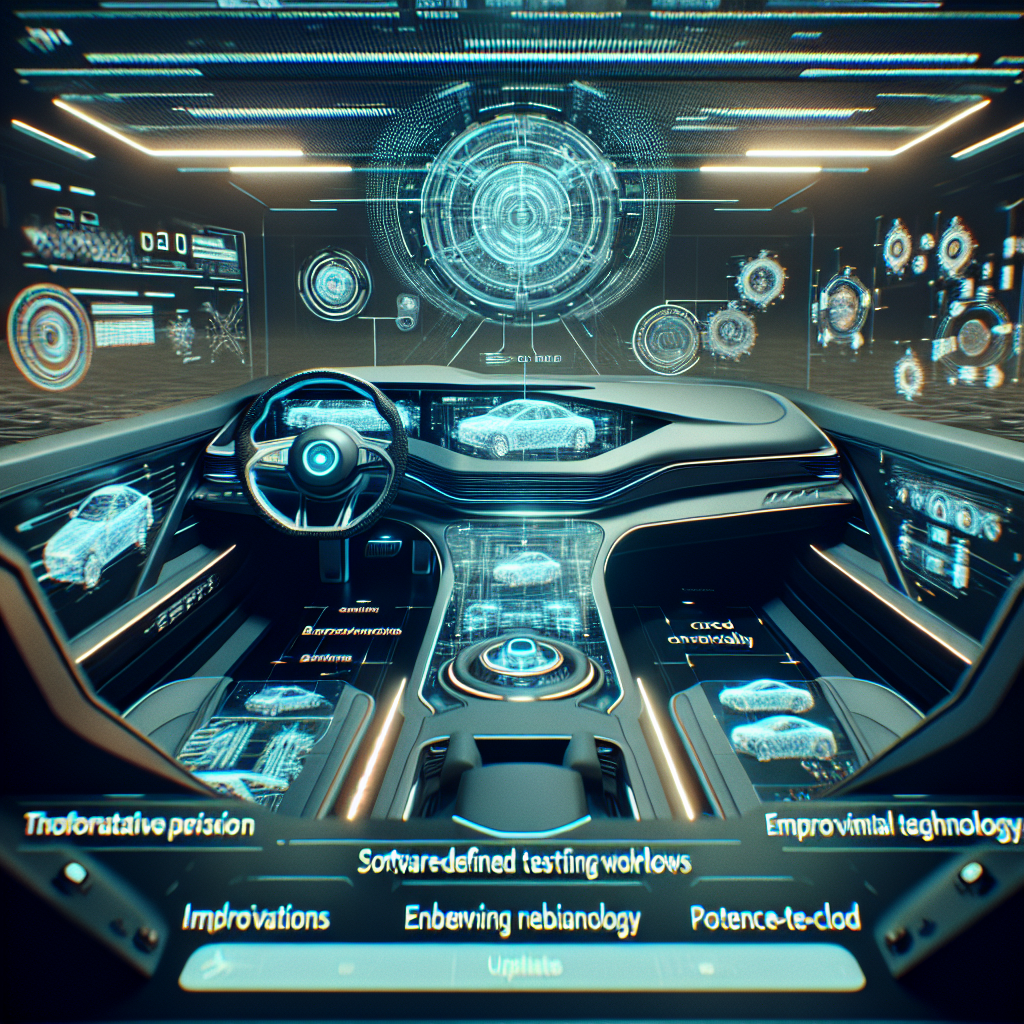
In a significant advancement for software-defined vehicles, Stellantis has unveiled a revolutionary AI-powered testing system for automotive electrical and electronic (E/E) systems, marking a major step forward in the development of connected cars. This new approach promises to dramatically reduce development time while ensuring more reliable over-the-air (OTA) updates for vehicles already on the road [1].
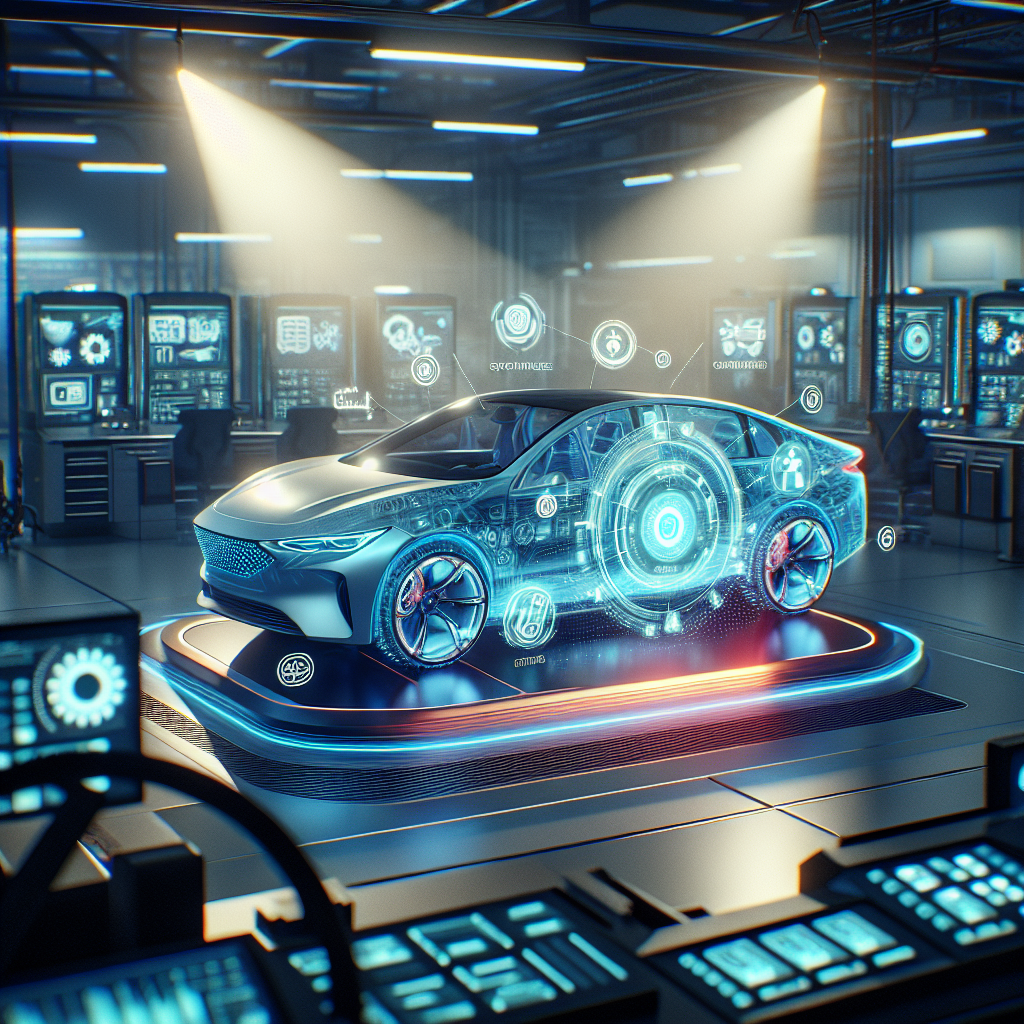
The automotive industry is witnessing a significant shift toward software-defined vehicles, with Polestar leading the charge through a comprehensive update to its flagship SUV. The 2026 Polestar 3 demonstrates how post-purchase capabilities can be enhanced through major technological upgrades, setting new standards for vehicle performance and charging infrastructure.
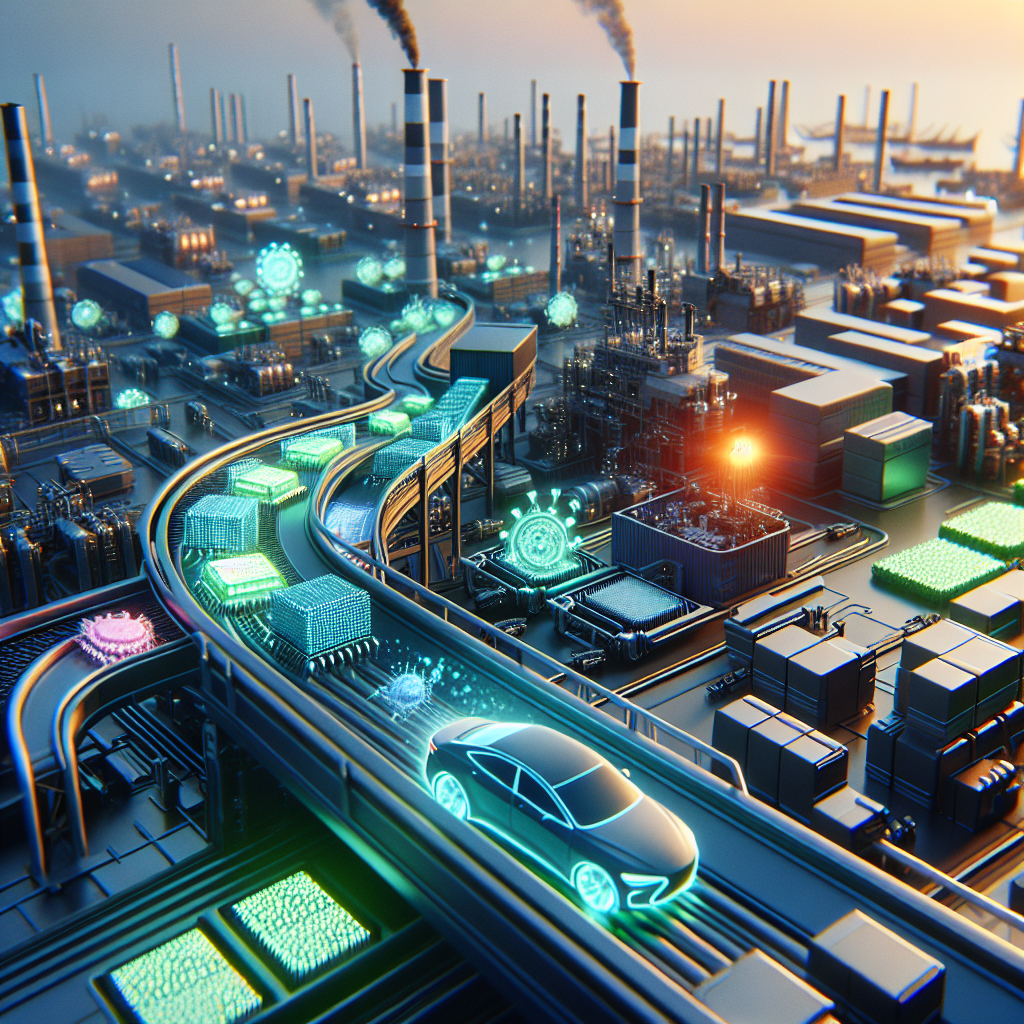
Major developments across semiconductor manufacturing, clean technology exports, and logistics are reshaping global supply chains. While semiconductor prices rise and talent shortages persist, new manufacturing hubs are emerging in Europe, and China continues to dominate clean technology exports. Meanwhile, major logistics companies are pushing for greener transportation solutions across Europe.
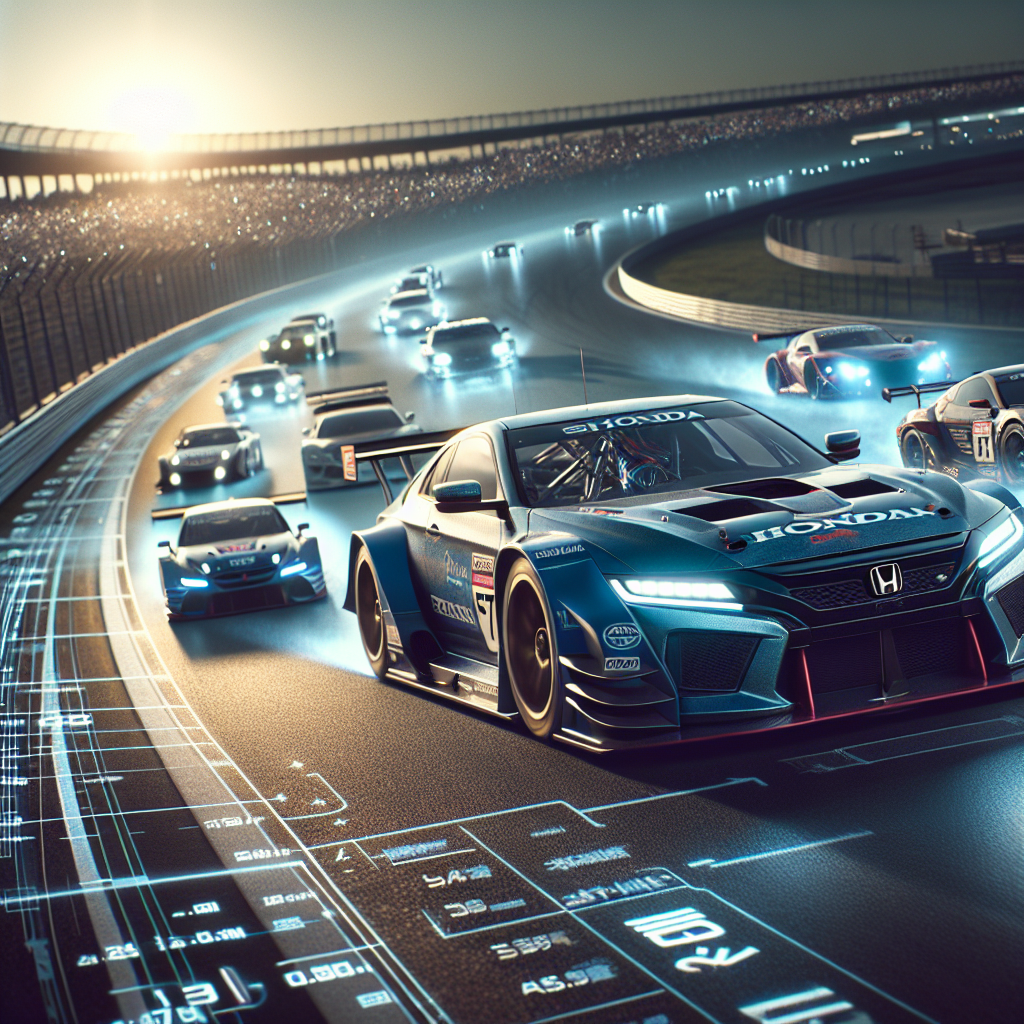
In a bold move that's energizing the Japanese motorsport scene, Honda has unveiled its latest competitor for the prestigious Super GT series - a race-spec Prelude GT500 boasting 650 horsepower. This announcement marks a significant moment in Japanese motorsport history as Honda prepares to challenge the established dominance of Toyota Supra and Nissan Z in the country's premier GT racing championship [1].
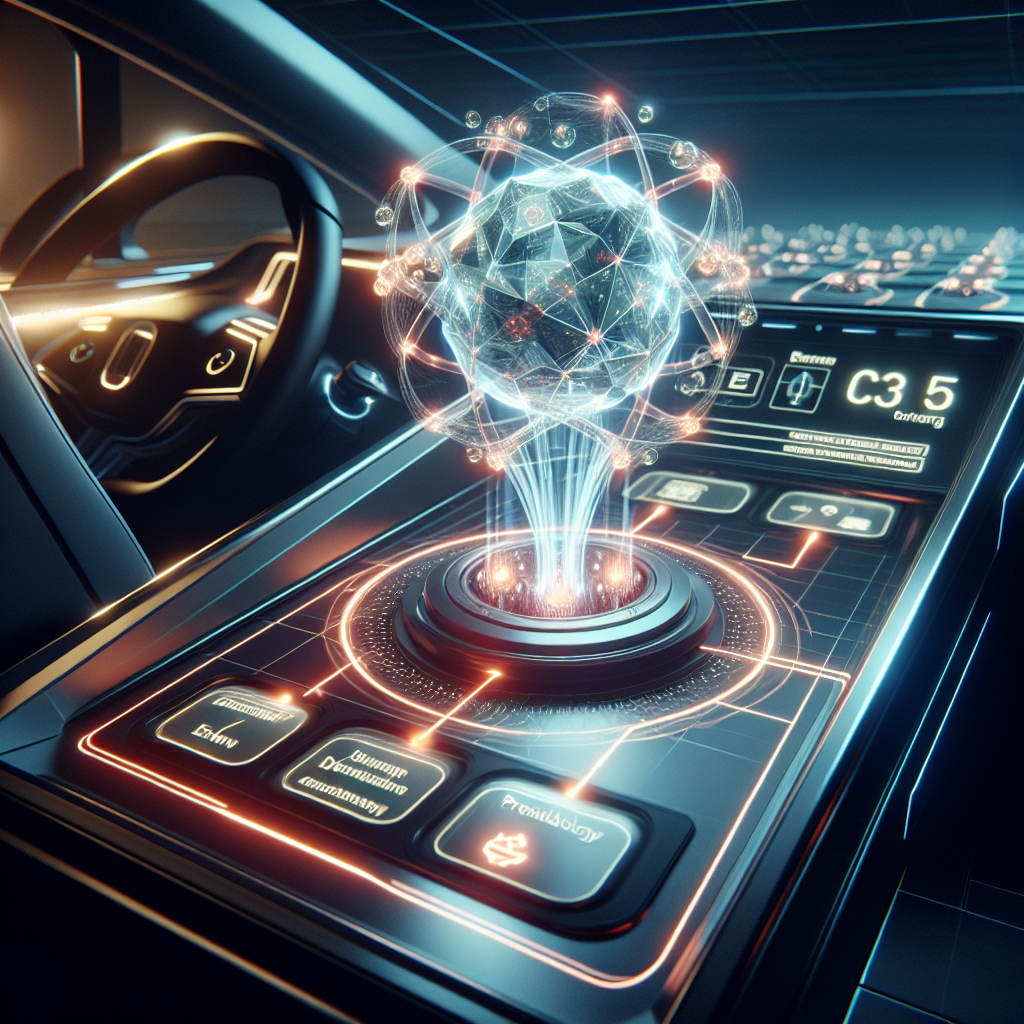
A significant breakthrough in electric vehicle battery technology is emerging as QuantumScape, a leading solid-state battery innovator, joins forces with glass technology giant Corning. This collaboration represents a major step forward in the race to develop and commercialize solid-state batteries, which promise to revolutionize electric vehicle performance and charging capabilities [1].

In a significant shift in automotive retail strategy, major manufacturers and rental companies are making bold moves to transform how vehicles reach consumers. From innovative dealer incentive programs to expanded online sales channels, the industry is showing remarkable adaptability in response to changing market conditions and policy changes.
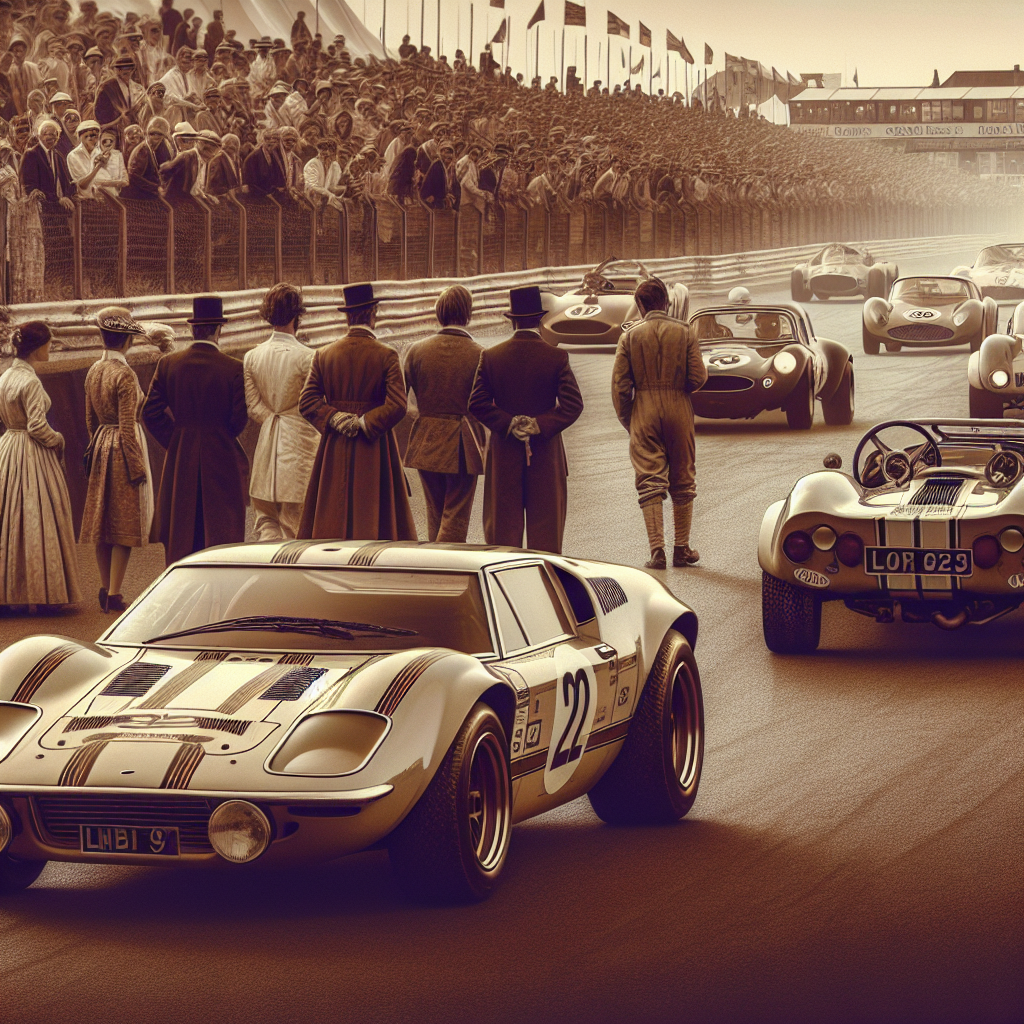
The classic motorsport scene is experiencing a remarkable renaissance as iconic vehicles from different eras return to the spotlight. From the resurrection of legendary Group B rally cars to reimagined classics and contemporary racing events, enthusiasts are witnessing a fascinating blend of automotive history and modern engineering prowess.
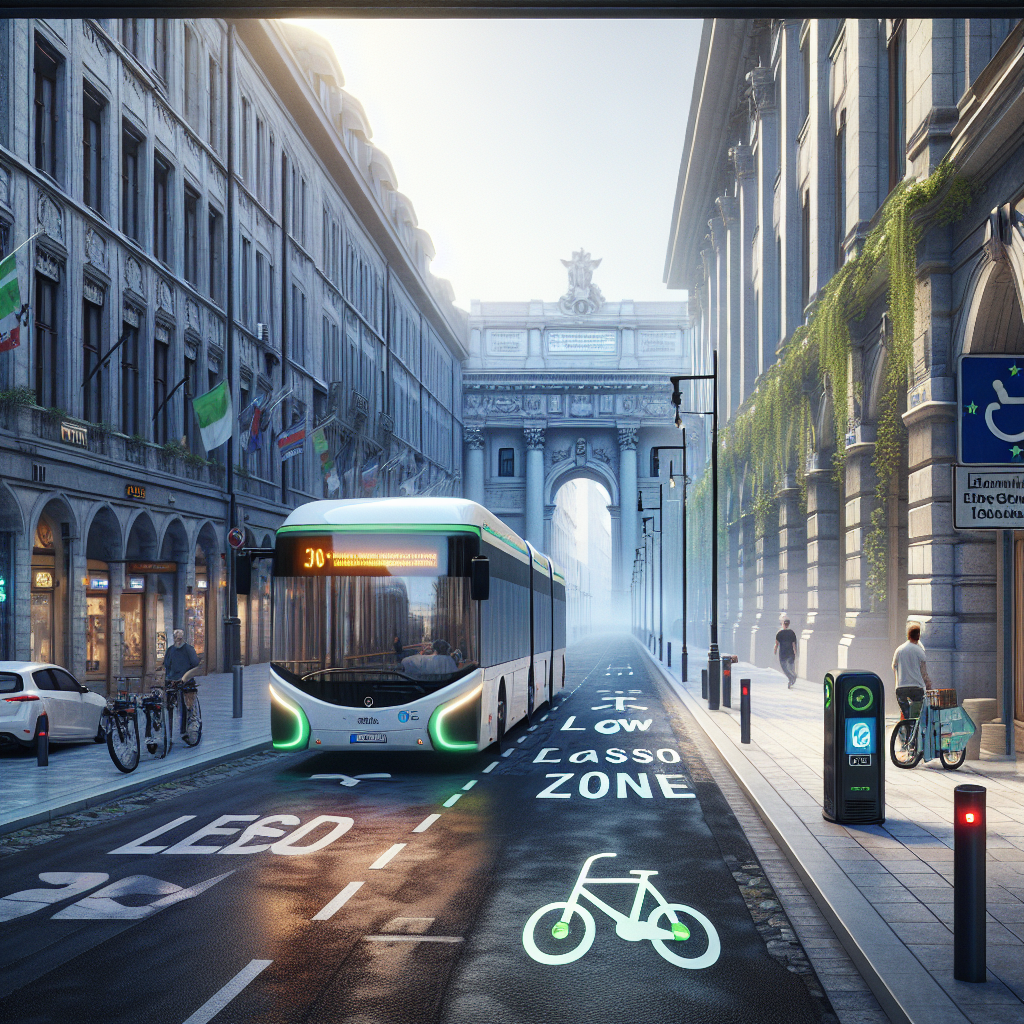
The European public transportation landscape is undergoing a significant transformation as major manufacturers vie to lead the electric bus revolution. This shift comes as cities across the continent intensify their efforts to reduce emissions and create more sustainable urban mobility solutions, with multiple manufacturers showcasing their latest innovations at Busworld 2025.
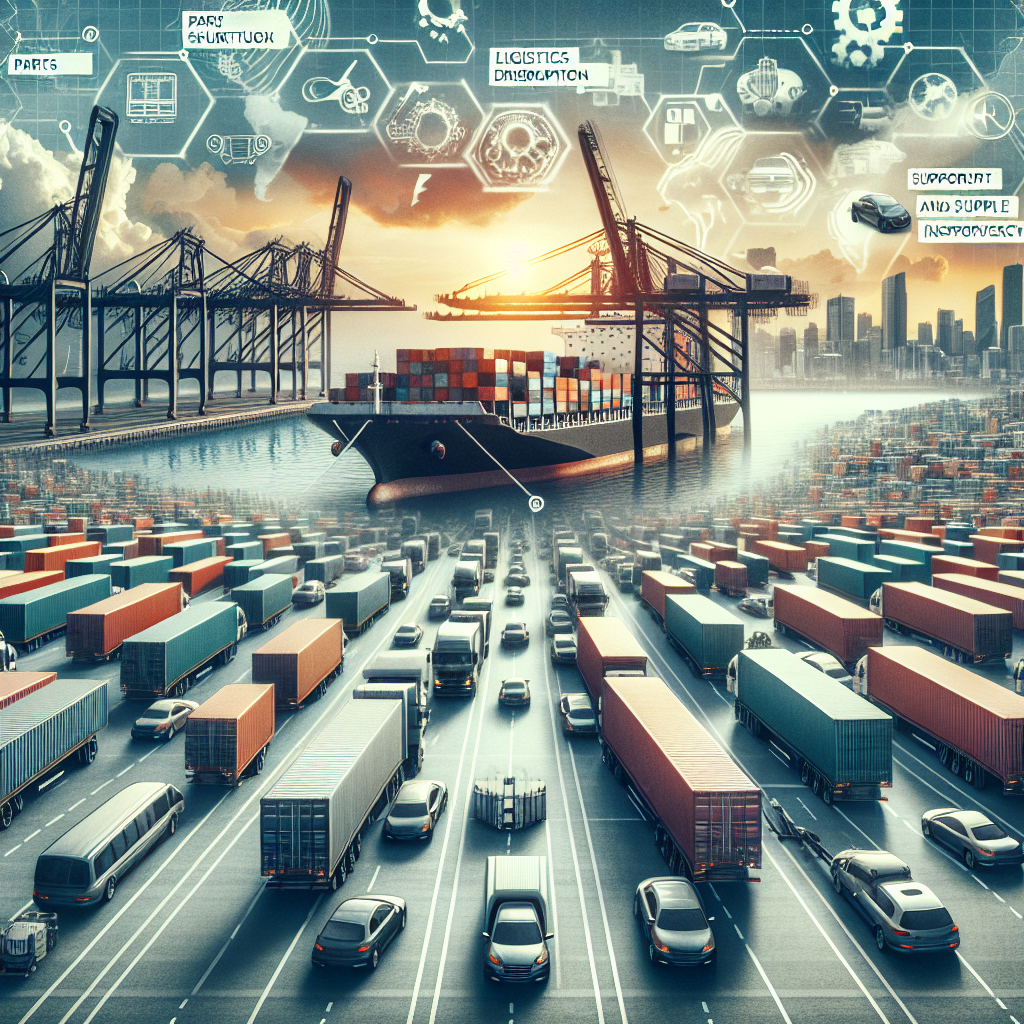
The automotive industry is grappling with several simultaneous disruptions to its supply chain, from cybersecurity incidents to supplier bankruptcies, while stakeholders work to maintain production and plan for a more sustainable future. These challenges are testing the resilience of global automotive manufacturing networks and prompting calls for modernization of supply chain infrastructure.
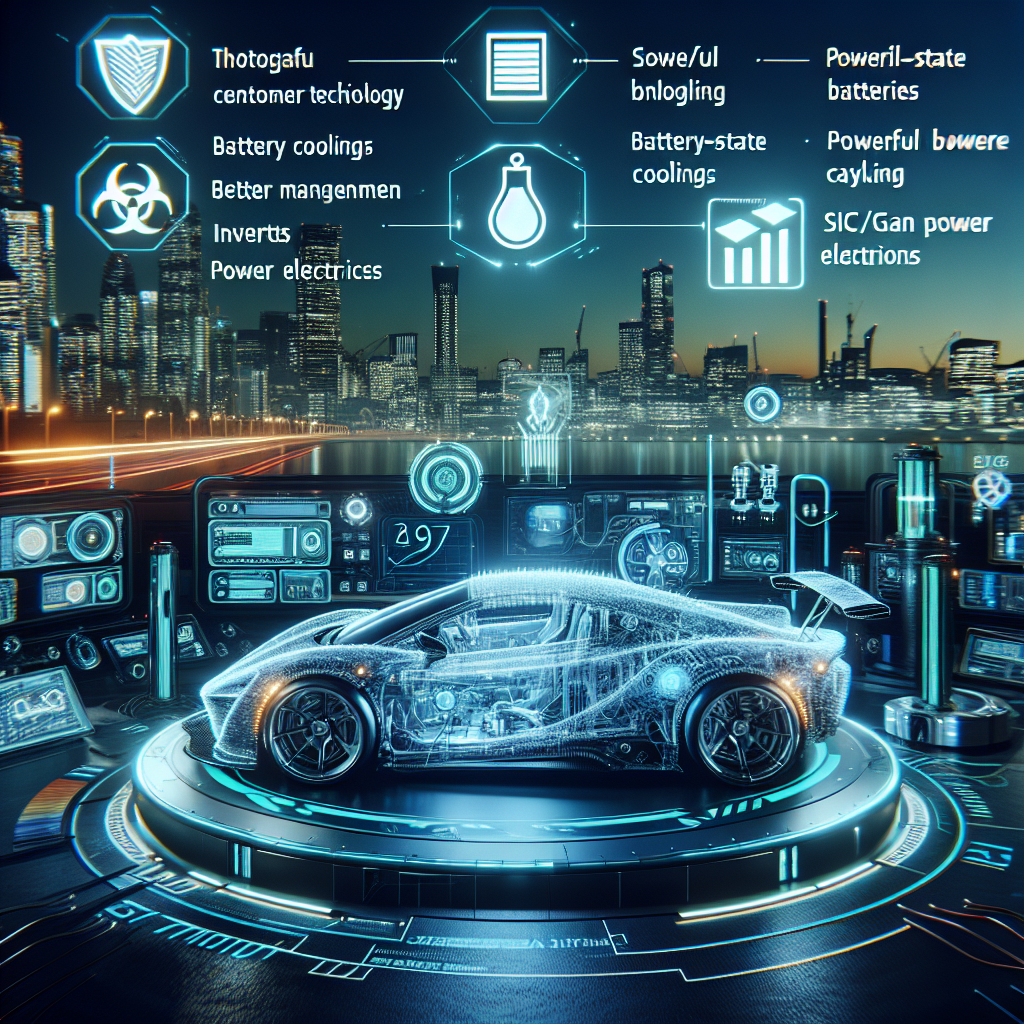
The automotive industry is witnessing significant developments in thermal management and battery technology, with both Formula 1 and consumer electric vehicles seeing major innovations. While F1 grapples with new cooling solutions for drivers, electric vehicle manufacturers are making substantial progress in battery technology and charging capabilities, setting the stage for the next generation of sustainable transportation.